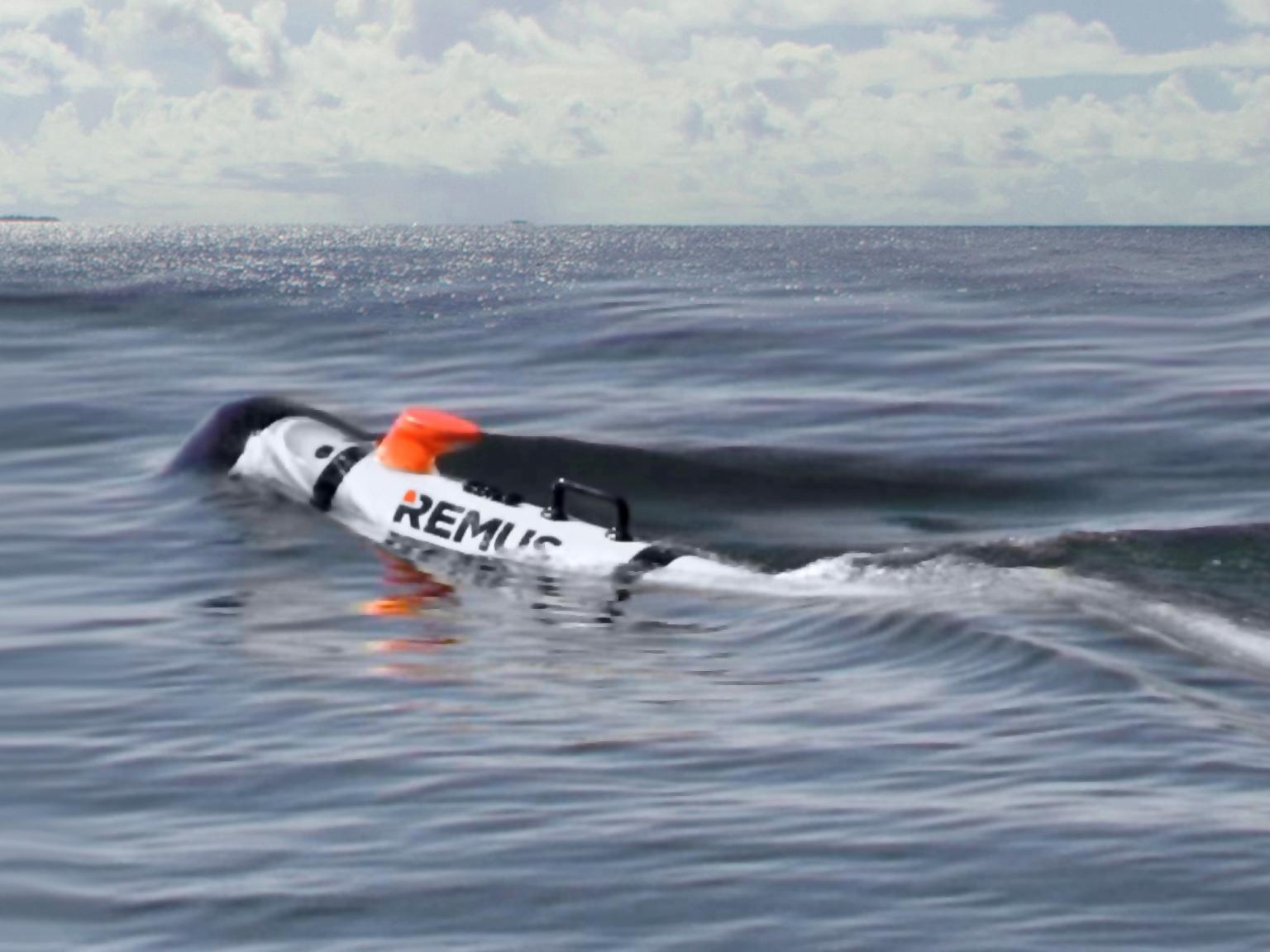
Technology solutions company HII has announced a new unmanned underwater vehicle (UUV) model based on its HII Remus series of UUVs at the Oceanology International 2024 conference and exhibition in London.
The Remus 130 is the third generation of Remus 100 vehicles and is designed to enhance underwater operations with maximum flexibility, advanced capabilities and innovative features, including a compact, two-person-portable design, effortless payload integration, operational depths down to 100m, and an extended battery life of up to 10 hours for sustained operations with easy field battery change, the company said.
“The Remus 130 is built on the same proven technology platform as the Remus 300 and offers customers a highly capable vehicle at reduced cost and risk,” said Duane Fotheringham, president of Mission Technologies’ Unmanned Systems business group. “We are excited to introduce this latest generation of the Remus 100 that will help drive commonality across the fleet and provide our customers with more flexibility to address their mission needs.”
HII’s latest development is built for a variety of missions and operations, including offshore oil and gas exploration, data collection and research, and mine countermeasure operations. It features modern core electronics, navigation, and communications systems with modular, open architecture interfaces to accommodate wet or dry payloads, including custom payloads developed by the user.
Leveraging three decades of innovation and the global delivery of over 600 UUVs to 30 countries, including 14 NATO members, HII believes its Remus 130 series is poised to transform underwater operations with its advanced features and cost-efficient solutions.
HII creates advanced unmanned solutions for defence, marine research, and commercial applications. Serving customers in more than 30 countries, HII provides design, autonomy, manufacturing, testing, operations, and sustainment of unmanned systems, UUVs and unmanned surface vessels (USV).






















